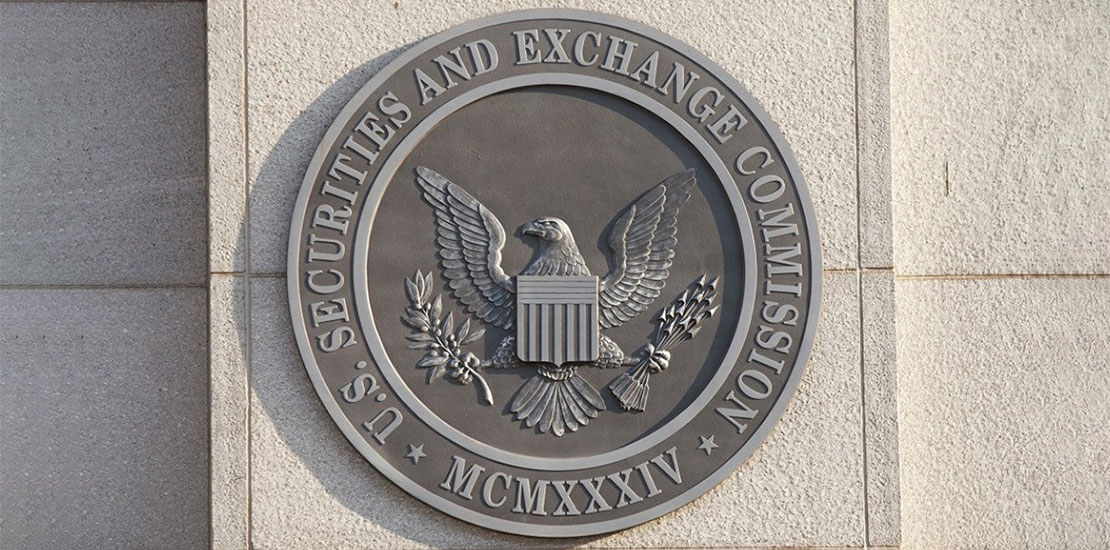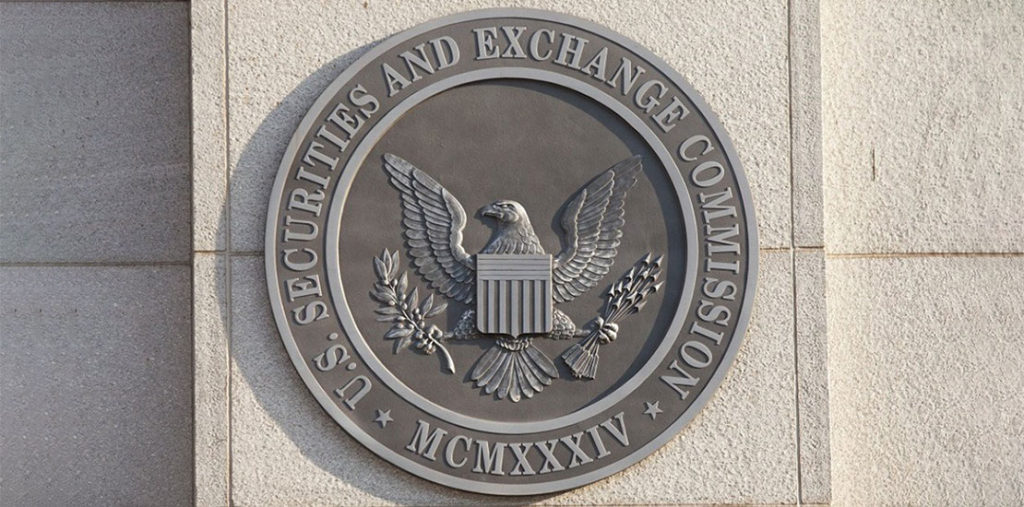
By Trevor Smith
Signals continue to emerge indicating that the market rebound is gaining strength, and that a new phase of value growth across the crypto space is beginning. Bitcoin has moved above $4,000 several times, and network use across many platforms is increasing. Although no single factor is responsible for this move, actions from American regulators and financial institutions are playing a significant role. After years of reticence, these players are now indicating that 2019 will be the year that blockchain assets become part of the mainstream financial space.
Earlier this month U.S. Representative Warren Davidson (R-OH) introduced legislation that, if passed, will create a new asset classification for cryptocurrencies and initial coin offerings (ICOs). Notably, it will ensure that cryptocurrencies are not classified as securities, and give the federal government more authority to regulate initial coin offerings. This bill also exempts many of the burdensome capital gains tax requirements when using crypto for purchases.
Davidson’s bill is one of several pro-crypto moves taken by members of Congress this year, and even if it does not pass, it is a clear sign that American legislators are beginning to recognize the serious nature of Blockchain assets. It is worth noting that a number of congressmen are known to own cryptocurrency, and crypto-based companies now have active lobbying groups in Washington.
Equally relevant to the present price recovery is the expected approval by the United States Commodity Futures Trading Commission (CFTC) for Bitcoin futures trading and custody. Specifically, Intercontinental Exchange (ICE), the parent company of the New York Stock Exchange, has been planning to enter the crypto space but cannot do so without the green light from CTFC. The federal agency has delayed approval until January 24th, and may delay it further. Nevertheless, There is no doubt that legacy financial institutions will soon begin dealing in Blockchain assets, which will open the door to millions of new investors.
Even the most optimistic crypto advocates acknowledge that these moves from U.S. officials only represent baby steps into blockchain recognition. Nevertheless, such actions also indicate that crypto assets are all but certain to move more directly into the mainstream economic space. Simply put, signs are strong that crypto assets may finally be gaining the respect they deserve among lawmakers and regulators.
It is worth noting that positive moves from U.S. officials is no guarantee of a long-term market recovery, as many other factors can affect cryptocurrency values. Also, specific platforms could benefit more than others should the present recovery continue. The blockchain revolution is far too complex to be guided by any single entity, and has proven to defy conventional financial logic many times. Regardless of the present positive signs, it is the nature of the technology itself that holds the key to its success.

